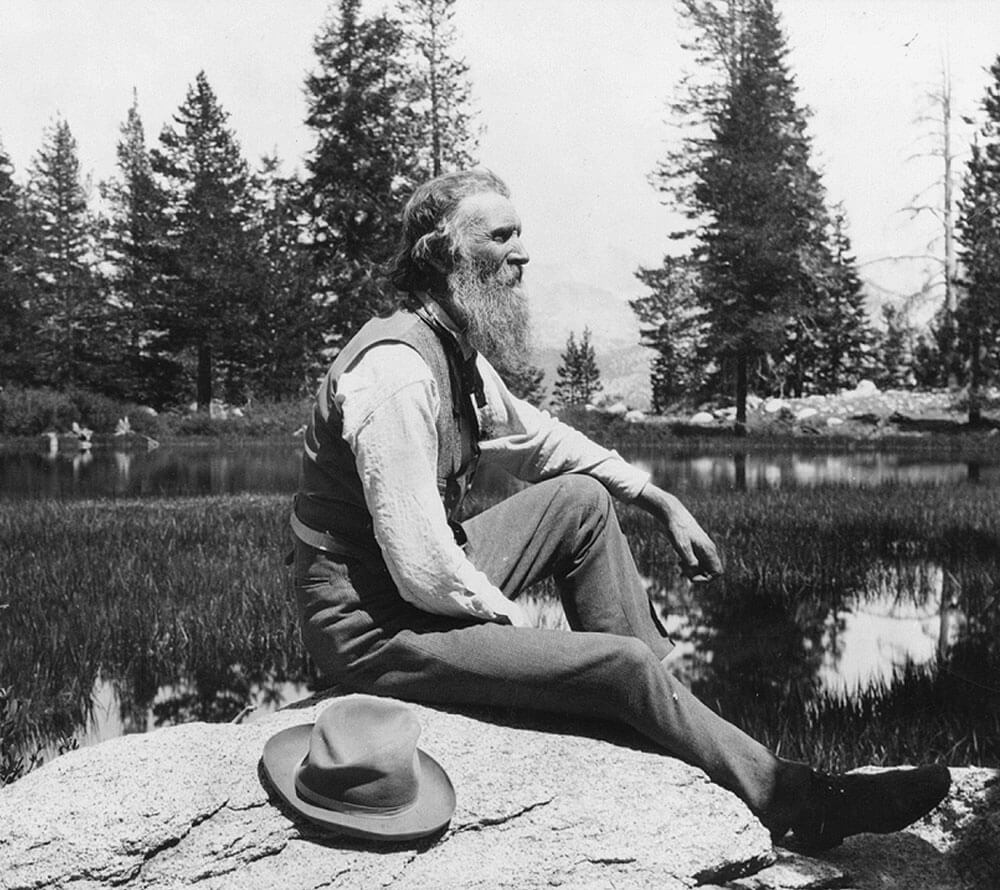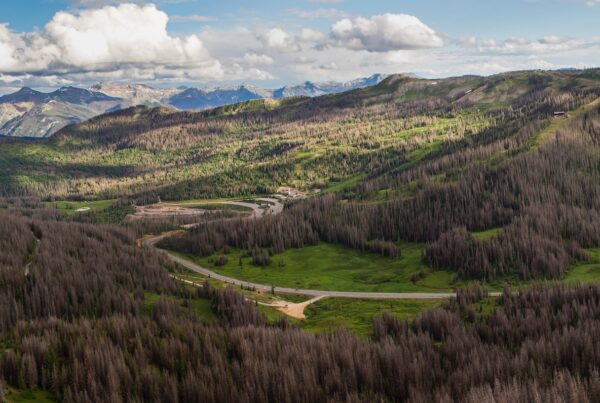What does it mean to give thanks?
I believe that the act of giving thanks is an act of sincere humility, an expression of vulnerability, connectedness and need.
We express thanks for the things that sustain us, without which we would be physically, emotionally or spiritually diminished.
In these days of self-aggrandizement, conspicuous consumption and institutionalized disregard for the suffering of others, giving thanks offers the reminder – the hope – of our interdependence.
It is of little surprise that historic Thanksgiving traditions were more intimately connected to the celebration of the literal harvest. When hands daily turned the soil, and when the results of that toil was directly responsible for a community’s ability to survive, the feeling of dependence on nature’s provenance would have been inescapable.
Today, many of us live in communities devoid of that proximate connection to the land. Our turkeys come from supermarkets, our yams from halfway around the globe. Instead of celebrating the harvest, we celebrate time with loved ones, our health or the blessings of our material comforts.
I think our physical and psychological disconnect from actual life-giving land is dangerous. It lulls us into forgetfulness, leaving us oblivious to our continued dependence on the clean air, pure water and healthy lands that are still – and will always be – needed to provide for human sustenance (not to mention the health of innumerable other species).
Such thoughts, of course, defy the theology of modern progress. So be it. As Bertrand Russell observed at the end of World War I, “Men fear thought as they fear nothing else on Earth – more than ruin, more even than death. Thought is subversive and revolutionary, destructive and terrible, thought is merciless to privilege, established institutions and comfortable habits; thought is anarchic and lawless, indifferent to authority, careless of the well-tried wisdom of the ages. Thought looks into the pit of hell and is not afraid … Thought is great and swift and free, the light of the world, and the chief glory of man.”
My maternal grandparents raised 10 children in a two-room homestead in rural Ireland. They tilled the dark soil.
One night a particularly violent thunderstorm shook their home. As my grandmother prayed for protection, my grandfather walked out into the storm and shook his fist at the heavens. “I dare ye, godeen,” he yelled at the blackness, challenging god to strike him down.
The storm passed, the years passed on – and eventually so, too, did my grandfather.
When the time comes to give thanks this week, I’ll offer thanks for my health, family and friends, and the relative comforts we enjoy.
I will also give thanks to the free thinkers and fearless among us – to those in our midst willing to question the unquestionable and shake their fists at the heavens if need be to protect the people and places that sustain them.
This content first published in The Durango Herald’s Thinking Green Column here.


